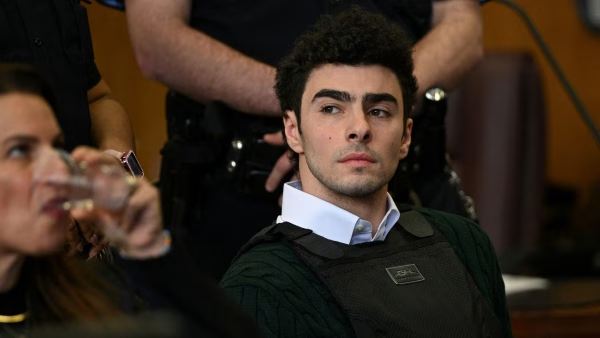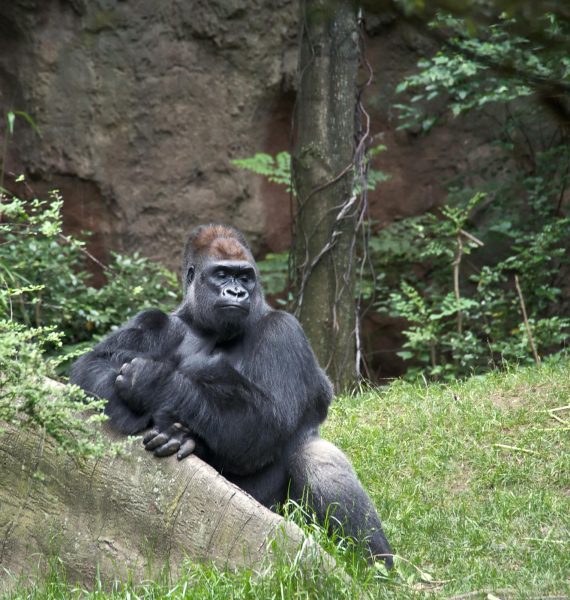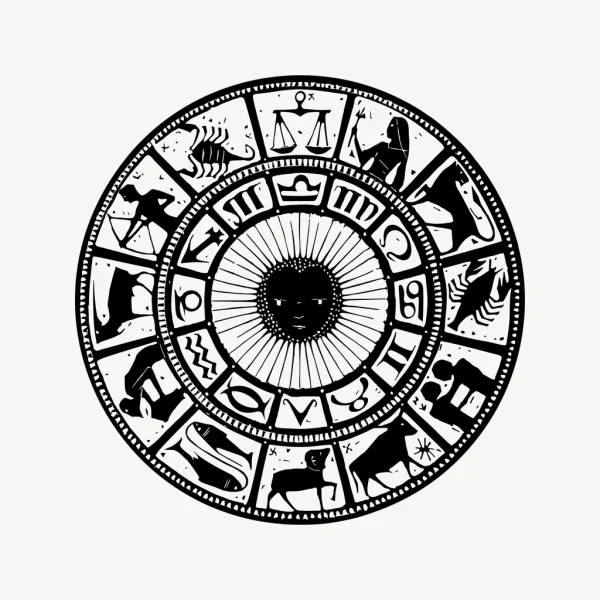BeReal or BeFake: new social media app takes over

Graphic by Kyleigh Carpentieri
September 19, 2022
Today, at the same exact time, millions of people will receive the same notification on their phones, alerting them that it is “Time to BeReal.” Launched in 2019 by Alexis Barreyat and Kévin Perreau, BeReal has experienced a meteoric rise throughout 2022 as people flocked to its promotion of authenticity and well-kept friends. The app’s new popularity has led to multiple copycats and pointed to a need to reexamine the culture that has developed around social media.
BeReal is a unique take on social media that heavily restricts users; there aren’t stories or direct messages or short video clips like most apps. Instead, the app limits users to one post a day by sending out a notification prompting the user to snap a picture. The app’s camera takes pictures from both the forward and backward-facing cameras and then shares the two images with friends, also to a discovery page, if the user opts to do so. Most users choose not to include captions when they post, and while comments are possible, most people decide to interact with their friends’ posts through RealMojis, an emoji accompanied by a picture of oneself.
The app heavily frames itself as different from other modern-day social media apps, its description emphasizes that “BeReal won’t make you famous. If you want to become an influencer you can stay on Tiktok and Instagram. BeReal doesn’t care if you have millions of followers or if you’re verified.” With over 27 million downloads, there’s clearly a demand for more genuine, less follower-based forms of social media. Such a desire, in fact, that social media titans Instagram and TikTok have begun experimenting with BeReal-esque features on their respective apps. Developer Alessandro Paluzzi discovered and shared via Twitter that Instagram is working on “Candid Challenges,” a feature that would be added to Instagram stories essentially identical to BeReal, all the way down to allotting two minutes to take the picture and utilizing the forward and backward facing camera in one image. In early September, TikTok announced its individualized replication of BeReal with TikTok Now, a feature that will consist of a once-daily notification allotting three minutes for the user to record a 10-second video to share to the platform.
Authenticity appears to be the keyword when it comes to BeReal. There are no options to add a filter or edit; once the notification is released, users have a mere two minutes to capture their BeReal or the post will be marked as late. Additionally, viewers can see how many times someone retook their picture or if another user screenshotted their post. With this immense transparency, BeReal should be a landscape of mundane every day with a few lucky days that happened within two minutes of something cool. However, with the app’s increase in users, there has been a dilution of the initial mission behind the app.
Some students at the University have expressed frustration with an increase in people posting late, solely because they were purposely waiting until they were doing something deemed as “cool” to share with their friends. Conversely, many have remarked how the notifications frequently don’t line up well with the user’s schedule and therefore enable insecurities if you have three days of BeReals in bed, simply due to the timing of the notification.
Other students have mentioned how BeReal can create awkward feelings, like if one misses a hangout or isn’t invited to something, when they open your feed to pictures of your friends hanging out without you. While those might be very authentic social experiences, it’s likely not what BeReal sought to promote.
In the coming months, BeReal will have to maintain its current popularity while continuously outperforming its rivals Instagram and TikTok if it stands a chance of cementing itself as a new staple social media. The app has the thrilling benefit of its daily prompt and limited feed to keep users engaged, but whether it can preserve its original purpose of promoting authenticity via its popularity will be the real test.










